BEST PICTURE
WINNER: Platoon (Oliver Stone, 1986)
Stone takes the WWII movie
and puts it in Vietnam. There are
a couple of decent setpieces but overall, I don’t find anything particularly
noteworthy about it apart from this being the only major Vietnam movie that was
directed by an actual Vietnam veteran.
Willem Dafoe and Tom Berenger are very good as the dueling Sergeants
with differing philosophies of warfare and leadership, and that dynamic really
is the most gripping part of the film.
This comes to a head in the film’s best scene: a tiny farming village
where the distrustful GI barge in and begin to emotionally and, later,
physically torture several South Vietnamese civilians because they are believed
to be untrustworthy in their association with a battalion of Vietcong. Led by the malicious Sgt. Barnes
(Berenger), even Chris Taylor (Sheen) gets in on the hostilities before Sgt.
Elias (Dafoe) steps in and puts an end to the madness. It is a good scene and Stone certainly
doesn’t shy away from some of the other secret realities of the war (drug use,
racism, classism, disenchantment, distrust of authority), but it also doesn’t
add up to much more than a slightly interesting shrug. Thankfully, this is before Stone got
swept away with his fractured patchwork aesthetic of the 90’s, so the film actually
maintains a consistent point-of-view and shows some understanding of screen
geography, even if it lacks the associative power of his post-JFK work.
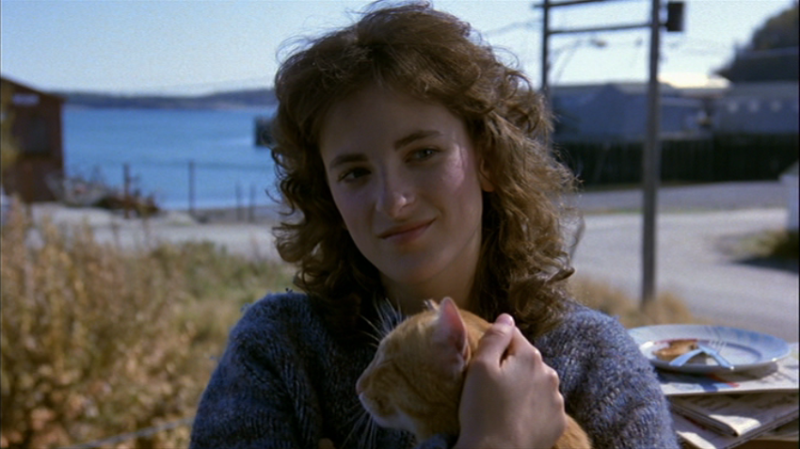
Children of a Lesser God (Randa Haines, 1986)
A really stunning film for
its frankness, Children of a Lesser God,
at several points, had all the makings of either a bad teacher/savior film or a
bad TV movie of the week.
Thankfully, Randa Haines remained focused upon the characters, whatever
journey the story took.
William Hurt and Marlee Matlin give astonishing performances, not only
charismatic but open in a way uncommon for an on-screen romance. We see many seasons in this
relationship and thankfully all involved (Matlin, Haines and the writers) are
honest about the challenges inherent in relationships as well as the
additional challenges in a relationship between hearing and deaf partners. Though it doesn’t take any chances in
its aesthetic, you have to respect a film that treats its subject with such
humanity and honesty.
Hannah and Her Sisters (Woody Allen, 1986)
Woody builds a very
charmingly structured film that deals with the lingering tensions within the
artistic children of two actor parents in Manhattan. His observations on human insecurity and the confusion of
desire are quite poignant and, as usual, Allen has cast his film
extraordinarily well. Dianne Weist
and Barbara Hershey are particularly wonderful, but even Allen’s neurotic
hypochondriac is self-reflexively hilarious and existentially fascinating. The film is built with such supreme
confidence in the actors carrying the emotional weight required that it all
appears effortless and graceful.
And any film that has Max von Sydow as an aging, disenchanted artist who
complains about the contrivances and paradoxes of modern life is worth watching. This is a film that deserves its good reputation as a showcase of everything Woody Allen does well.
The Mission (Roland Joffé, 1986)
Speaking of showcases, this is one to the opposite. The Mission is an absolute
terrible mess of a film. The story
of Jesuits fighting politically against the claims of the Spanish crown in the
jungles of South America could be fascinating if Joffé wasn’t so distracted the
whole time. He seems so consumed
with saying something important that
he completely overlooks crafting any character that is a real human being. This is a particular crime when the
major theme of your film is the inherent value of humanity, regardless of
upbringing or ethnicity. Irons and
De Niro star in the film but are pretty nondescript. The narrative is so frustratingly contrived that I have no idea who could have responded to this movie with
such admiration as to nominate it. If one even searches for deeper abstract meaning, the politics and theology are so uncertain and muddled that there is absolutely nothing to like about this film except the beauty of the jungle, which is clearly not enough to sustain a 2 hour running time.
A Room with a View (James Ivory, 1985)
What starts out rather
insufferably moves into the realm of droll, under-the-surface comedy once the
action leaves Florence for the English countryside. A Room with a View is less a comedy of
manners than I had feared going in and instead proves to be a surprisingly potent rip on the Edwardian
leisure class. Full of good
performances (apart from the limited Julian Sands, whose charisma as a leading
man is completely assumed by the narrative) Helena Bonham Carter finds her
footing as a young woman wandering aimlessly through the amusements set before
her, Maggie Smith is her conservative chaperone, Denholm Elliot is a tactless
tourist and Simon Callow is quite charming as a totally ineffectual
priest. But, it is a young Daniel
Day-Lewis who steals every scene he’s in, playing Cecil Vyse as a hilariously
posh sophisticate who is engaged to Carter’s character throughout most of the
film, though he seems to love nothing except the feeling of being intelligently cultured. James Ivory isn’t as
concerned with the narrative as he is in giving an atmosphere of the time
period -- that perhaps keeps this from being better -- but overall it works.
MY PICK: Hannah and Her Sisters
I suppose it's not a surprise for the Academy to go with an important feeling war movie while Woody Allen is easily taken for granted for making a fascinating examination of the Manhattan art class. It just seems like Stone's film should be saying something important because he reminds you at every turn that what he's doing is immensely pressing, but 27 years later, I would rather sit down again with Woody's intelligent comedy and true human insight than Stone's overblown "the war was in us, man" self-importance.
BEST DIRECTOR
WINNER: Oliver Stone (Platoon)
Never one for subtlety,
Oliver Stone loves to build things big and loud and brash. Dealing with wartime themes, that tact
mostly works. What doesn’t work is
when Stone gets a little too on-the-nose philosophically, like the final
narration that laughably states “we did not fight the enemy, we fought
ourselves.” I say laughable
because it completely disregards the increased masochism that Chris Taylor
embraces as the film progresses.
He isn’t fighting himself, never was. Further, the film can’t dismiss Chris’ descent into
war-induced madness as a “casualty of war” and at the same time judge so
harshly Sgt. Barnes’ commitment to madness because they both have to spring
from the same root. Still, Stone
is able to pepper the film with a number of true-life details of rookie GI
(ants, overstuffing backpack, naivety) and he orders his aesthetic reasonably
well. Nothing earth-shattering,
just solid continuity and form.
Woody Allen (Hannah and Her Sisters)
Separating Woody Allen
the director from Woody Allen the writer may be difficult to do sometimes, but
this strikes me as a particularly careful and honest effort by the director in
realizing his own fantastic script.
Using careful composition and a striking level of editing restraint and
intent, Allen builds a character-driven story that reaches just as deep as it
sets out to while still feeling alive with possibilities. He knows when to hold a shot, when to
get out of a scene, when to stay on a reaction, when to bring in music and what
music to use. His economy of form is extremely impressive here, having taken enough Bergman to heart to finally give us a film that realizes the full potential of that lingering influence.
James Ivory (A Room with a View)
Building an immersive world
is difficult for any film director but it only becomes more difficult the
further that world is removed from the present context. To Ivory’s credit, he is able to evoke
early 1900’s England without noticeable effort. He fills the film with good character actors and finds them
interesting business while on-screen. The most
glaring mistake here is the utterly uninteresting primary love interest. George is played by Julian Sands with
such blandness that it feels as if it must be a further commentary on the
shallowness of the leisure class.
But, Ivory has a lightness of touch that keeps the whole affair from
becoming bogged down in heavy-handed examinations of fate and love, happy to
explore its subject with droll humor and nuanced inflection.
Roland Joffé (The Mission)
Joffé is so distracted by
the mountains that he forgets the fundamental task of creating interest in the
people climbing them. The camera
is always in the wrong place, the emotional beats are always off, the obvious
is overstated, the ambiguous remains so, and the musical score is ready to tell
us of the underlying beauty and wonder of the humans we barely know or care
about. Chris Menges gives a
serviceable attempt at epic photography, but in the end, it is all for
nothing. The waste of talent and
locations in this film is staggering.
David Lynch (Blue Velvet)
Nearly a full 20 years
before Todd Haynes ever made Far From Heaven, Lynch had already made Haynes’ more obvious
vamping of Douglas Sirk irrelevant with this artistic masterwork. David Lynch takes the naïve yet curious
protagonists and has them uproot something buried deep in the heart of small
town America. It isn’t just an
indictment of hidden sin; Lynch’s film digs much deeper. He is curious to watch the human
preoccupation with the harmful, the deadly; he watches how someone can give
themselves to the pursuit of being baffled by the darkness just outside of
their view. They just want to know
how it turns out, even though it seems so obvious. Lynch has carefully manicured his landscape toward the bold
and bright; he is likewise fascinated by the clearly fabricated. People speak with a voice that is a
little too stilted, strangers are a little too nice, yet the villains fascinate
us with their untapped vileness.
This film deftly shifts tones between gothic humor and absurd nightmare
and ends up as one of the more unique cinematic experiences of the 1980’s. This is the film that where Lynch
ascended from being an interesting curiosity to a legitimate filmic artist and Blue Velvet is still one of his best films.
MY PICK: David Lynch
I'm surprised the Academy had the vision to even nominate Lynch for director, as Blue Velvet was uncertainly received by critics. Even Dennis Hopper, giving one of the essential performances from the decade, failed to receive attention for Blue Velvet and had to get his 1986 supporting nomination via Hoosiers. It's a shame the Academy whiffed on an opportunity to nominate their first female director in Randa Haines and her very sure work, instead opting for the critically bloated Joffé. While I'm at it, I'll go ahead and call James Cameron's Aliens the 1986 war movie that deals most essentially and entertainingly with everything Stone dabbles with in Platoon, but Oscar has never considered sci-fi an important enough genre to give its top awards. From what is nominated, it is a close call between Woody Allen and Lynch but I go with Lynch because, as much as I enjoy Hannah, I find Blue Velvet to be more essential, expressive and unique.
MY PICK: David Lynch
I'm surprised the Academy had the vision to even nominate Lynch for director, as Blue Velvet was uncertainly received by critics. Even Dennis Hopper, giving one of the essential performances from the decade, failed to receive attention for Blue Velvet and had to get his 1986 supporting nomination via Hoosiers. It's a shame the Academy whiffed on an opportunity to nominate their first female director in Randa Haines and her very sure work, instead opting for the critically bloated Joffé. While I'm at it, I'll go ahead and call James Cameron's Aliens the 1986 war movie that deals most essentially and entertainingly with everything Stone dabbles with in Platoon, but Oscar has never considered sci-fi an important enough genre to give its top awards. From what is nominated, it is a close call between Woody Allen and Lynch but I go with Lynch because, as much as I enjoy Hannah, I find Blue Velvet to be more essential, expressive and unique.
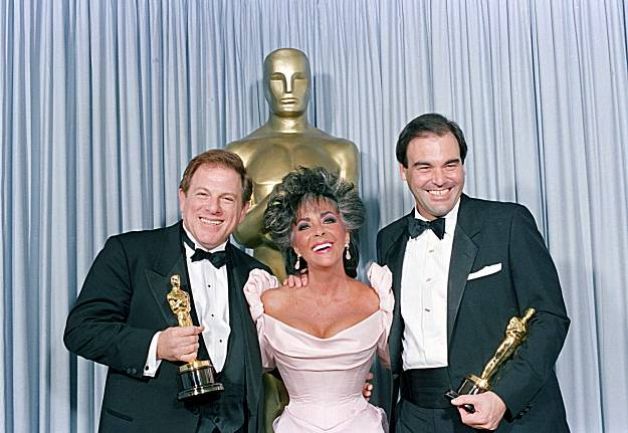
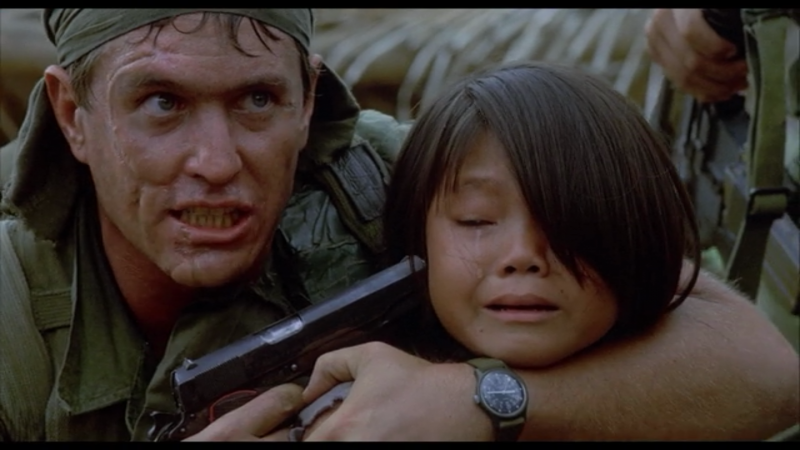
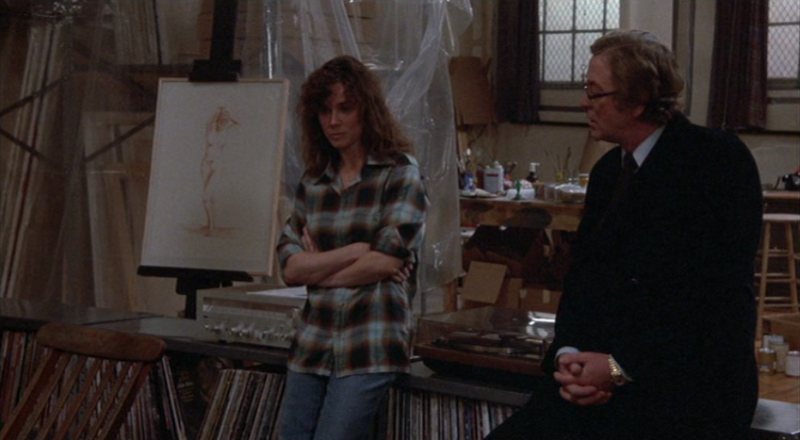
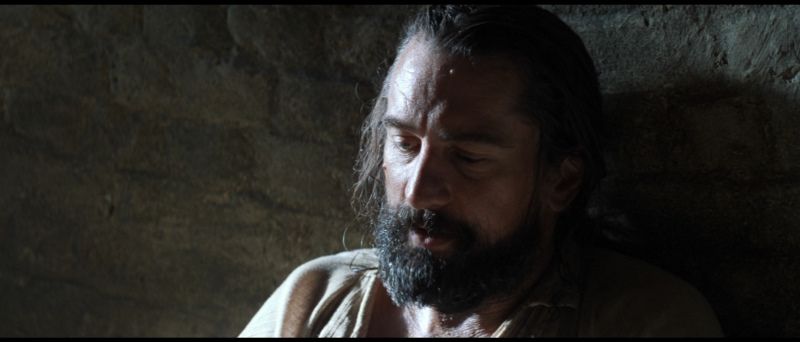
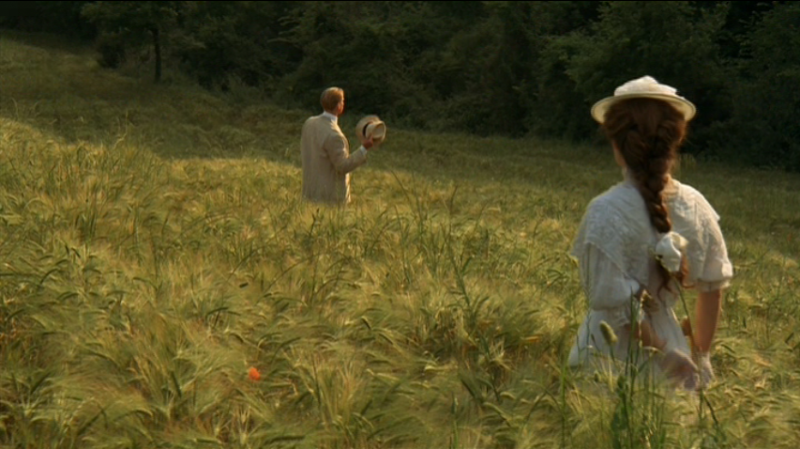
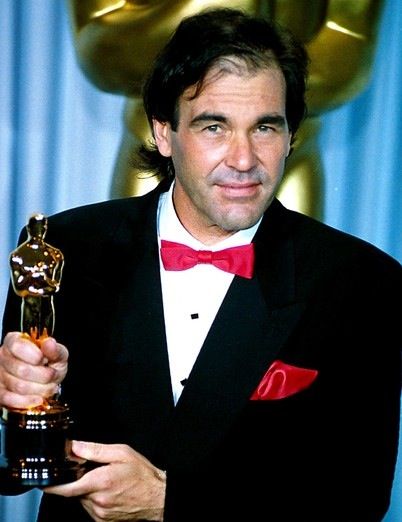
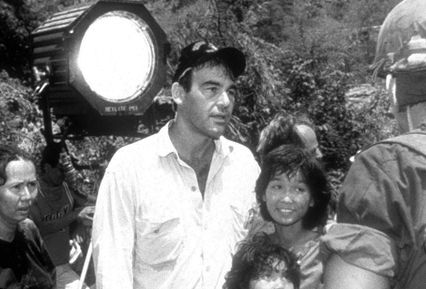
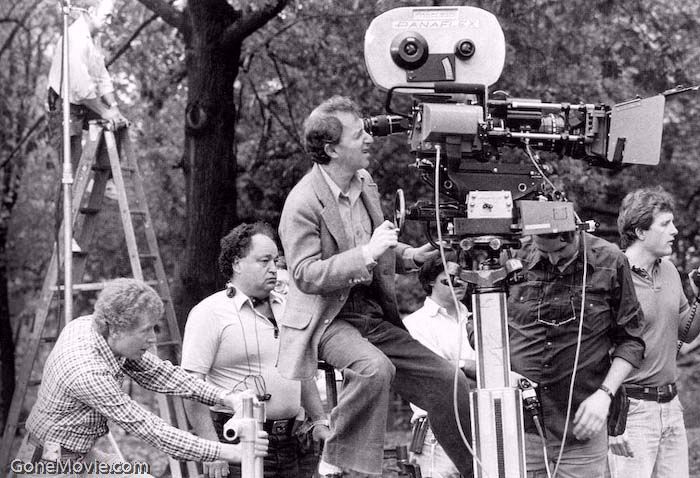
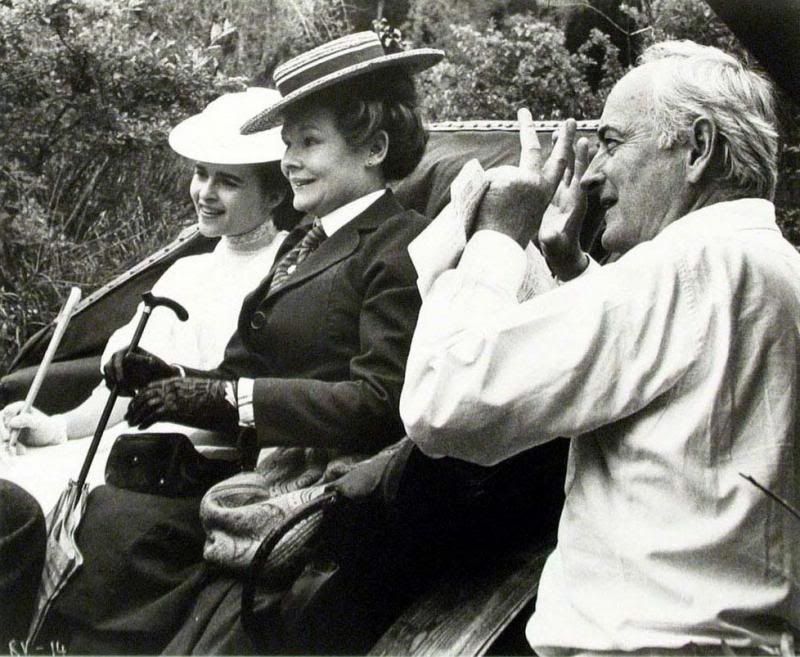
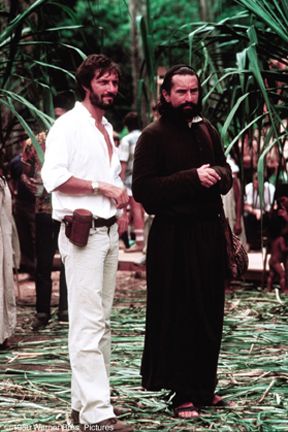
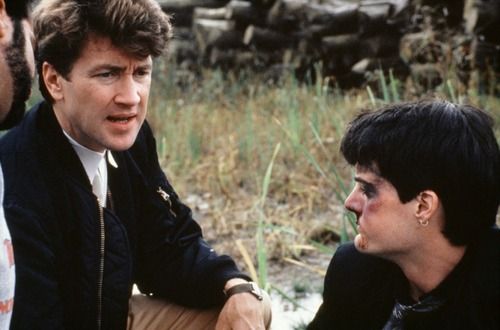
No comments:
Post a Comment